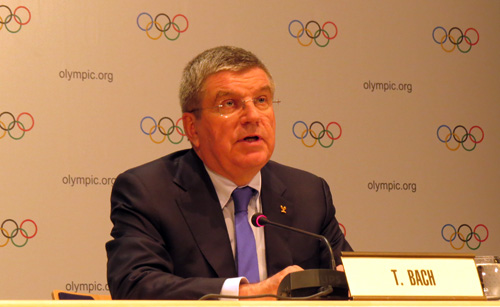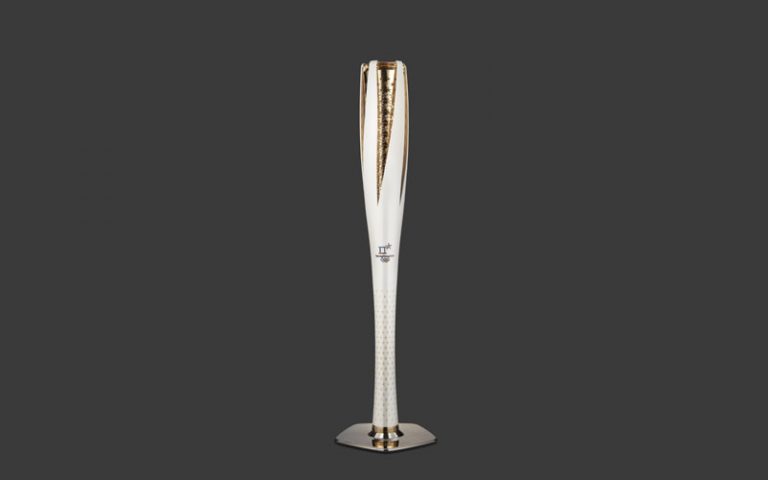
A white tiger named “Soohorang” and an Asian black bear named “Bandabi” have been chosen as mascots to represent the PyeongChang 2018 Winter Olympic and Paralympic Games. Both animals appear in Korea’s foundation mythology and are closely associated with Korean culture and folklore.
The mascots were approved by the International Olympic Committee (IOC) Executive Committee in Lausanne Thursday.
The name “Soohorang” is a combination of several meanings in the Korean language. “Sooho” is the Korean word for protection, meaning that it protects the athletes, spectators and all participants of the Olympic Games. “Rang” comes from the middle letter of “ho-rang-i” which means tiger and also from the last letter of “Jeongseon Arirang”, a traditional folk musticof Gangwon Province where the host city is located.
The bear is symbolic of strong will and courage. The Asiatic Black Bear is also the symbol of Gangwon Province. In the name “Bandabi”, “banda” comes from “bandal” meaning “half-moon”, indicating the white crescent on the chest of the Asiatic Black Bear, and “bi” has the meaning of celebrating the Games.
PyeongChang Olympic Organizing Committee (POCOG) President Lee Hee-beom said, “the mascots have been designed to embody the collective will of everyone for the successful hosting of the Olympic and Paralympic Games in 2018, and experts of various fields contributed in the process. The mascots will now spearhead our communication activities and marketing initiatives. With today’s meaningful step forward, POCOG will use the momentum to gain more public support and excitement for the Games”.
A PyeongChang 2018 statement said “the mascots are designed to express a wide spectrum of emotions such as passion, joy, enthusiasm and love to actively engage the public. This type of design reflects Korea’s unique contemporary cultural trend of using visual characters to express emotions. Anyone and everyone will be able to use the mascots across a multiple choice of digital platforms and promote the PyeongChang 2018 Winter Games through interactive communication.”
Image sheets distributed by POCOG show the mascots in various moods, a youthful take on the characters that will make them appropriate for use in emojis and emoticons for use in social media.
POCOG will hold launching ceremonies in July to introduce “Soohorang” and “Bandabi” in Seoul and PyeongChang. The mascots will make their international debut at the PyeongChang 2018 House during the Rio Games and then travel all around Korea attending many events and exhibitions.
The PyeongChang Winter Games take place February 9-25, 2018.






